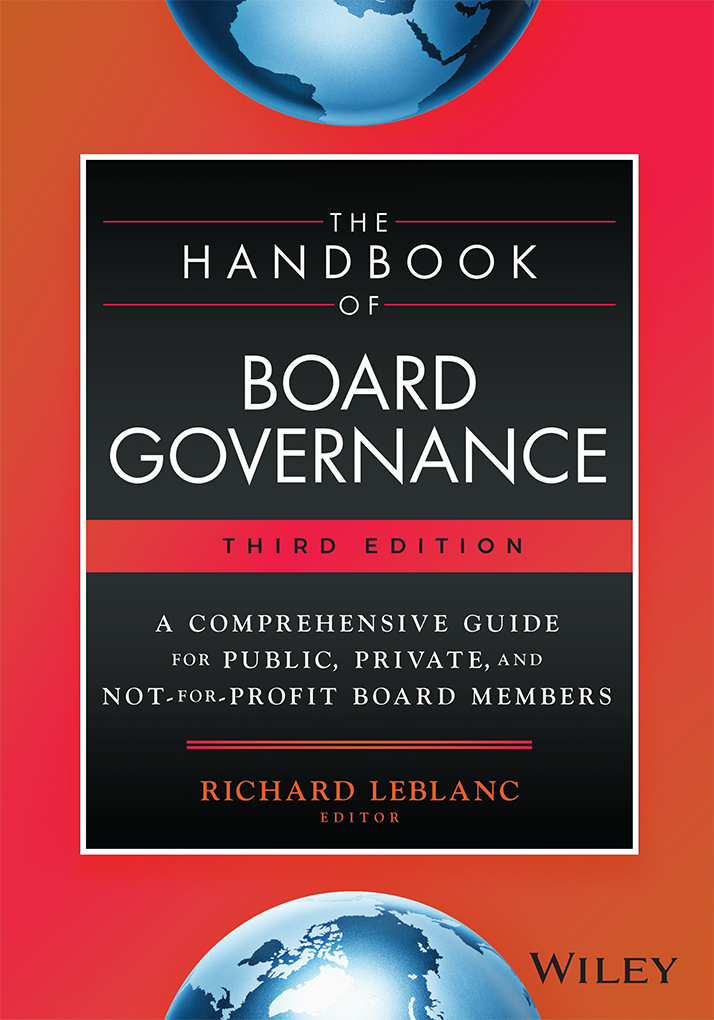A global “mega-cap” company recently asked me to submit a briefing on how a boardroom of the future will look. This is an abridged summary of my report.
Democratization of governance
Your shareholders will nominate and elect your directors by electronic voting directly on your website. They will base their vote on the accomplishments of each director and track record of acting in the best interests of shareholders and the company overall.
Electronic registries and meetings will be the primary basis upon which shareholders select directors to your board. Director competencies will be fully disclosed.
Diversification of boardrooms
Your board will be 40% to 50% women and have far fewer CEOs on it in the next five to seven years. Your directors will be independent experts within their relevant strategic domains, will be quick studies, and will have access to the best learning of the company. They will request an Office of the Board be established. Board tenure will not exceed 9 years.
Corporate reporting
Reporting to shareholders will be fully integrated and online. Non-financial risks and internal controls will be independently assured. All reporting will be accessible, complete, accurate and independently validated.
Technology
Your board will be paperless and directors will have access to any piece of information they need to oversee and advise management. Technology will be used to attract and communicate with international directors. Risk appetite frameworks, established by the board, will translate into clear incentives and constraints using integrated firm-wide information systems.
Executive compensation
Executive compensation will be established by shareholder-directors. Professional standards will be imposed on any consultants retained by these directors. All compensation will be fully risk-adjusted and linked to performance. Current models and methods will change significantly.
Office of the Board
An Office of the Board will be established. It will house independent staff and resources available and accountable to the board and paid by the company.
Regulation of corporate governance
The unprecedented intrusion into the governance of companies will continue until most or all of the above reforms are implemented.
Conclusion
The above changes are significant and will fundamentally change the way directors are selected and how boards control management.
Posted by Richard Leblanc on Oct 31, 2011 at 12:50 pm in Board and Committee Leadership, Global Corporate Governance, Member Selection, Competencies and Commitment, Women on Boards |












